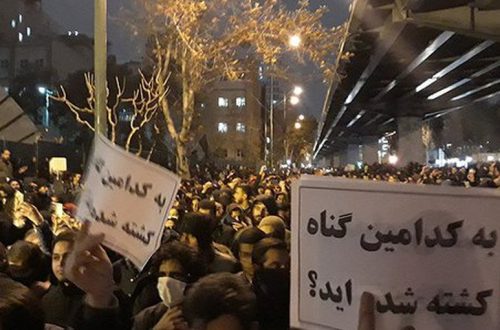George Galloway says:
You can count on the fact election was fair
…
More than 85 per cent of the electors turned out to vote – compared with 35 per cent in our own elections recently. That’s nearly 40million Xs on ballot papers.
This massive exercise took place without trouble of any kind – the polling stations were kept open longer than required to facilitate the huge lines of people outside.
…
The counting, too, was awesome.
…
We have to accept Ahmadinejad’s re-election, not least because all our best friends in that region don’t have any elections at all.
…
Can we just look at the facts here, which sadly get in the way of a good story? We do not have one iota of evidence that the Iranian election was fiddled. Until we do, we should respect the result.
OK George. Let’s look at the facts.
Here is the report on the Iranian Elections from Chatham House:
Working from the province by province breakdowns of the 2009 and 2005 results, released by the Iranian Ministry of Interior, and from the 2006 census as published by the official Statistical Centre of Iran, the following observations about the official data and the debates surrounding it can be made.
· In two Conservative provinces, Mazandaran and Yazd, a turnout of more than 100% was recorded.
· At a provincial level, there is no correlation between the increased turnout, and the swing to Ahmadinejad. This challenges the notion that his victory was due to the massive participation of a previously silent Conservative majority.
· In a third of all provinces, the official results would require that Ahmadinejad took not only all former conservative voters, and all former centrist voters, and all new voters, but also up to 44% of former Reformist voters, despite a decade of conflict between these two groups.
· In 2005, as in 2001 and 1997, conservative candidates, and Ahmadinejad in particular, were markedly unpopular in rural areas. That the countryside always votes conservative is a myth. The claim that this year Ahmadinejad swept the board in more rural provinces flies in the face of these trends.
Chatham House rules.


